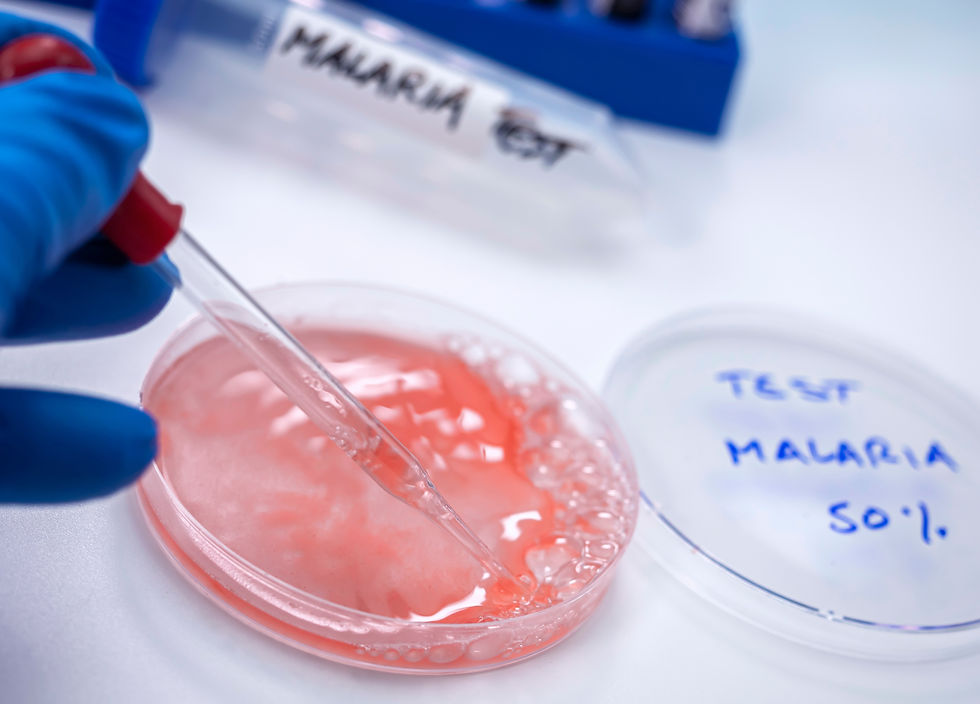Malaria Microbes Have Their Own Circadian Rythms
- Connor Rafter

- Oct 29, 2021
- 2 min read

Scientists tracked rhythms of how genes were turned on and off in malaria parasites in infected mice hosts. The researchers put some mice in constant darkness, eliminating day and night cues and throwing off the animals’ circadian rhythms. But the timing of changes in the parasites’ gene activity levels in those mice was similar to that of mice exposed to regular day-night cycles.
Next, to see if the parasites used a host’s feeding schedule to orient their clock, the team provided mice with food spread evenly throughout the day. But the Plasmodium in those mice kept the same internal rhythms as those in mice that were fed once daily.
And when the parasites were in hosts engineered to lack a clock entirely, the pathogens’ timekeeping ability ticked right along unhindered. These findings reveal that the light and feeding cues that set the hosts’ clocks don’t affect parasites’ rhythms, suggesting that the parasite has its own independent clock.
What’s more, in mutant mice genetically engineered to have a circadian clock slightly longer than 24 hours, the parasites attempted to synchronize their own clocks to that of their host’s, slowing their pace. While malaria parasites can parallel their host’s schedule, they don’t depend on their host for a clock, the team concludes, suggesting that the parasites use their own clocks to align with the host’s during an infection.
But while individual Plasmodium parasites appear to have an internal clock independent of a host’s, syncing up all the clocks in a population of parasites inside of a host does apparently require input from the host’s rhythms, the researchers say. In mice lacking an internal clock, the synchrony within an entire parasite population slowly decayed, falling apart after eight or nine days. This is similar to what happens to internal clocks in groups of mammalian cells without any external cues, such as sunlight or chemicals.
CITATIONS F. Rijo-Ferreira et al. The malaria parasite has an intrinsic clock. Science. Vol. 368, May 15, 2020, p. 746. doi: 10.1126/science.aba2658. L. Smith et al. An intrinsic oscillator drives the blood stage cycle of the malaria parasite Plasmodium falciparum. Science. Vol. 368, May 15, 2020, p. 754. doi: 10.1126/science.aba4357.
.png)



Opmerkingen